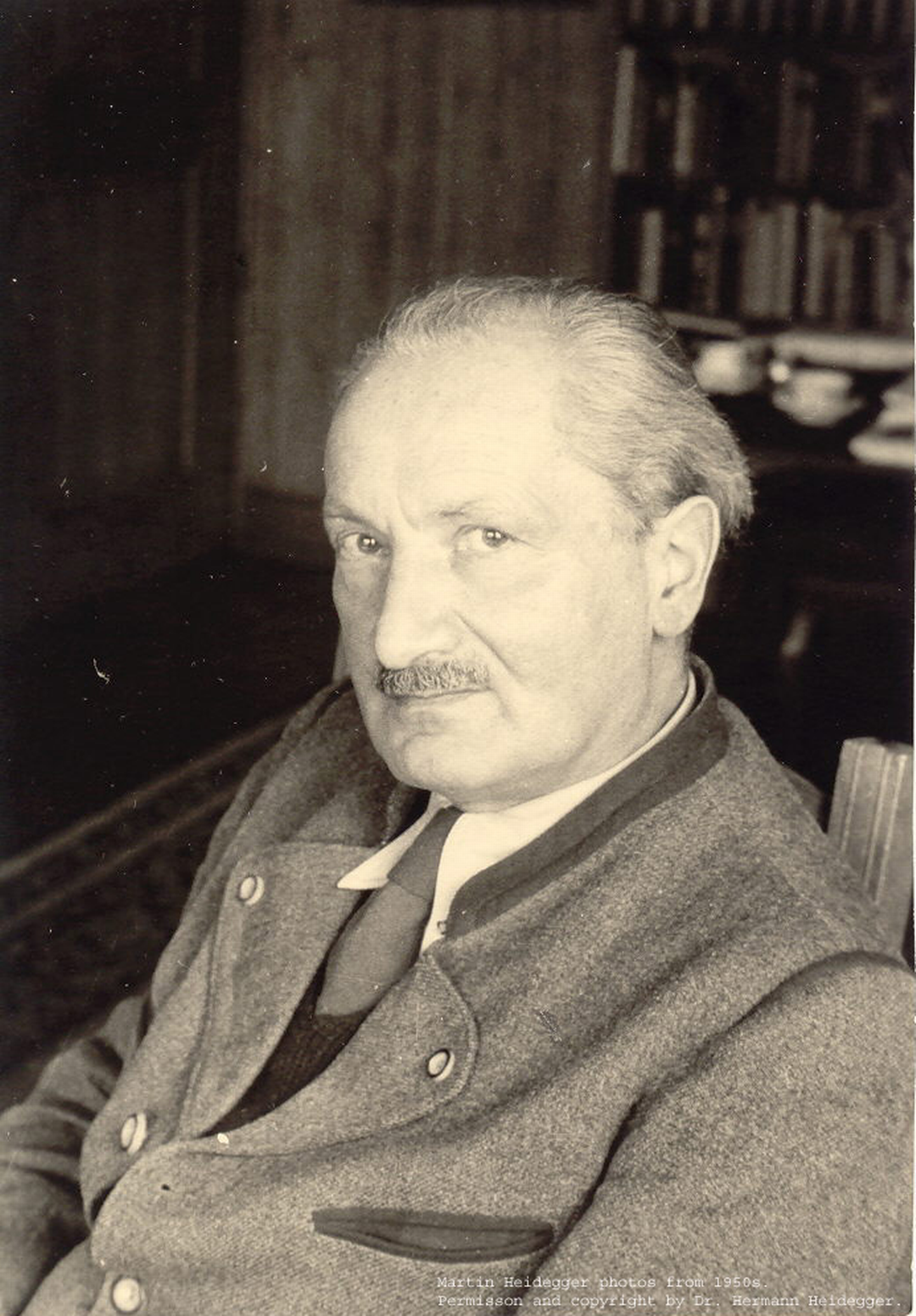

Schmitt's reputation as an expert on H.',sserl stands him in good stead when he compares Heidegger, especially from a linguistic and conceptual viewpoint, with Husserl. The same holds true for the way he treats or rather does not treat Time and Historicity to which Heidegger devotes the last four chapters and some 135 pages.

To his own peril, Schmitt did not discuss sufficiently such an important issue as Dasein=being-in-the-world. Schmitt's method is different inasmuch as he takes a topical approach to Being and Time which might well have served as an introduction if his selection of topics had not serious shortcomings besides certain misunderstandings of the text. Gelven is well prepared to go the arduous path of Being and Time from beginning to end commenting, criticising, elaborating chapter by chapter in a refreshingly lively manner. Gelven's comments on Being and Time always give the impression that he has attuned himself to his subject, while where Schmitt is concerned this reviewer has strong reservations in this respect. Gelven's Commentary is more successful than Prof. If one judges the two books under review according to this yardstick Prof. By the same token, any introduction to or commentary on Being and Time presupposes the author's full awareness of Heidegger 's philosophical intentions. The student of Being and Time thus faces the task to follow Heidegger into virginal philosophical territory. It is impossible, therefore, to separate Heidegger I from Heidegger lI without risking a misunderstanding of what Heidegger tried to achieve with Being and Time.2 Being and Time opened a new path of philosophical inquiry which Heidegger broadened and deepened in the course of his career but never abandoned. The overriding importance of Being and Time lies in the fact that it represents the seminal ground for Heidegger's subsequently published work. Being and Time remains one of Heidegger's major works (if not the major one) although his philosophical concern has shifted from Dasein to Being, and Speech. Glen Gray and others the student who wants to investigate the "later" Heidegger has an impressive number of writings at his disposal. $6.00) The interest in Heidegger's philosophy has been steadily growing in this country since Sein und Zeit has become available in an English translation, t Thanks to the efforts of Prof.

(New York and Evanston: Harper and Row, Torchbook Ed., 1970. 274) A Commentary on Heidegger's Being and Time. (New York: Random House, Studies in Philosophy, 1969. In lieu of an abstract, here is a brief excerpt of the content:Ĥ00 HISTORY OF PHILOSOPHY Martin Heidegger on Being Human.


 0 kommentar(er)
0 kommentar(er)
